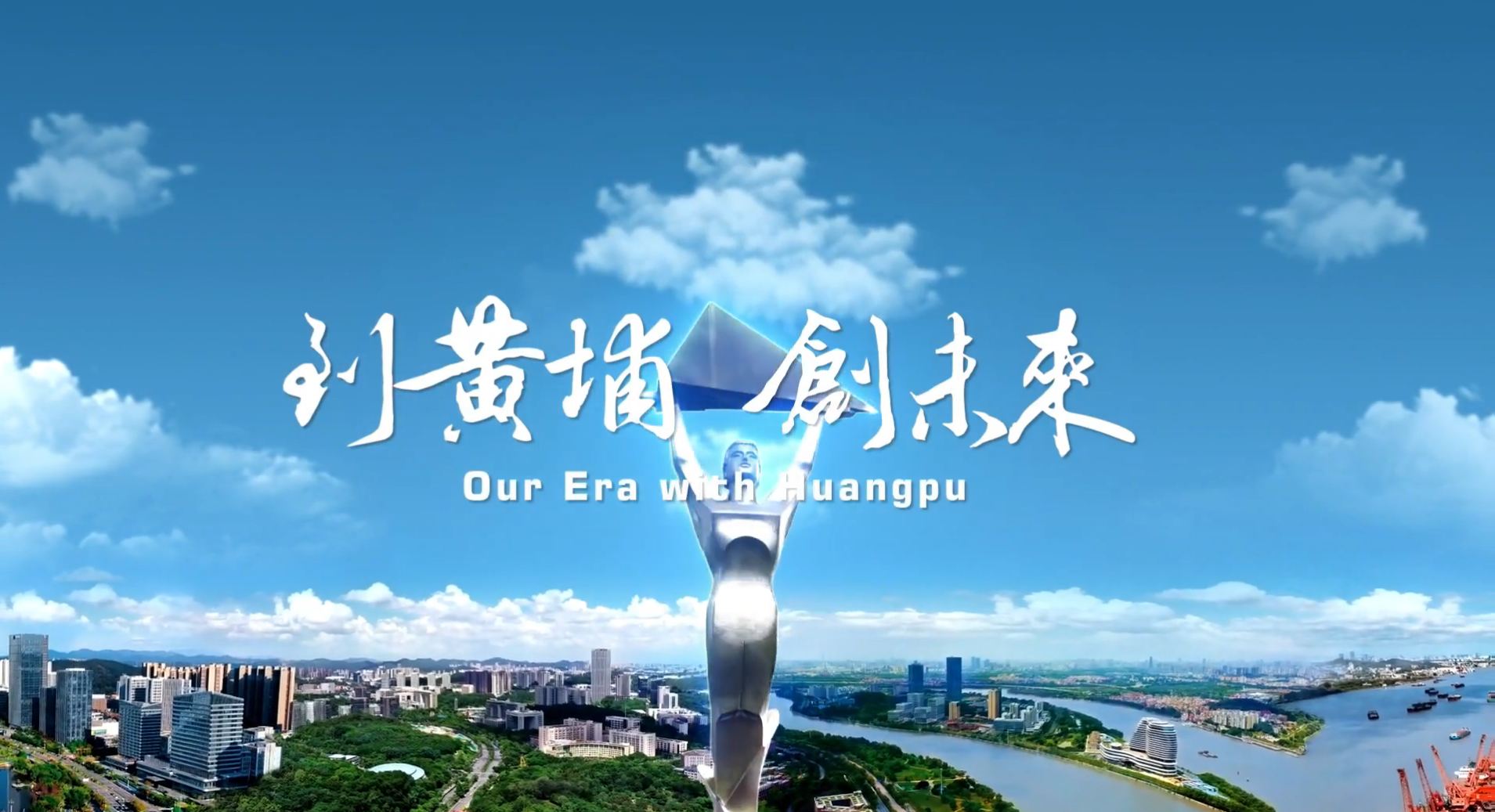SMEs thrive as new momentum to economic growth in Guangzhou
By Chen Hong| Source: China Daily | Updated : 2019-10-23
Guangzhou Huangpu district has a good living environment and solid economic foundation. [Photo by JIA ZIHAO/FOR CHINA DAILY]
Yuan Jianhua will never forget the subsidy from the local government in 2002 to help his company survive. It has now become a domestic leader in the development and production of laboratory consumable products.
"My experience tells me that a startup needs at least 10 years of survival and another 10 years to develop and succeed. Unfortunately, a big number of startups died in the first 10 years, as fund shortages were a major problem," said Yuan, president of Guangzhou Jet Bio-Filtration based in South China's Guangdong province.
He founded the company in Guangzhou Development District in 2001, which is under the administration of Huangpu district.
Two years later, the company was on the verge of bankruptcy. "I received a 200,000 yuan ($28,247) subsidy from the municipal department with the help of the district government at a critical point, which was big enough to pay 20 months of salaries to my 12 employees then," he said.
In 2018 the company earned more than 200 million yuan and sold its products to about 50 countries and regions. These include the United States, Japan, Canada and Germany. Overseas markets contributed nearly 80 percent of annual revenue, according to the company's figures.
In a sector that was once dominated by foreign companies, Yuan said the company now possesses 86 patents, including 23 invention patents. It aims to break the technical and market monopoly of the foreign competition and cut the prices of laboratory consumable products in the domestic market by 30-40 percent.
"We will take root in the district because the local government is highly efficient. It has carried out quite a few incentive policies to support the development of private companies and small and medium-sized enterprises. The subsidies and benefits the companies can apply for are clearly stipulated," Yuan said.
- Investment and Entrepreneurship
- Investment Advantages
- Investment Guide
- Policies
- Key Projects
- Major Industries
- Industrial Parks
- Investment Opportunities
- Technological Innovation
- IPR
- Enterprises
- Talents
All rights reserved. Presented by China Daily
粤ICP备16087157号-1










